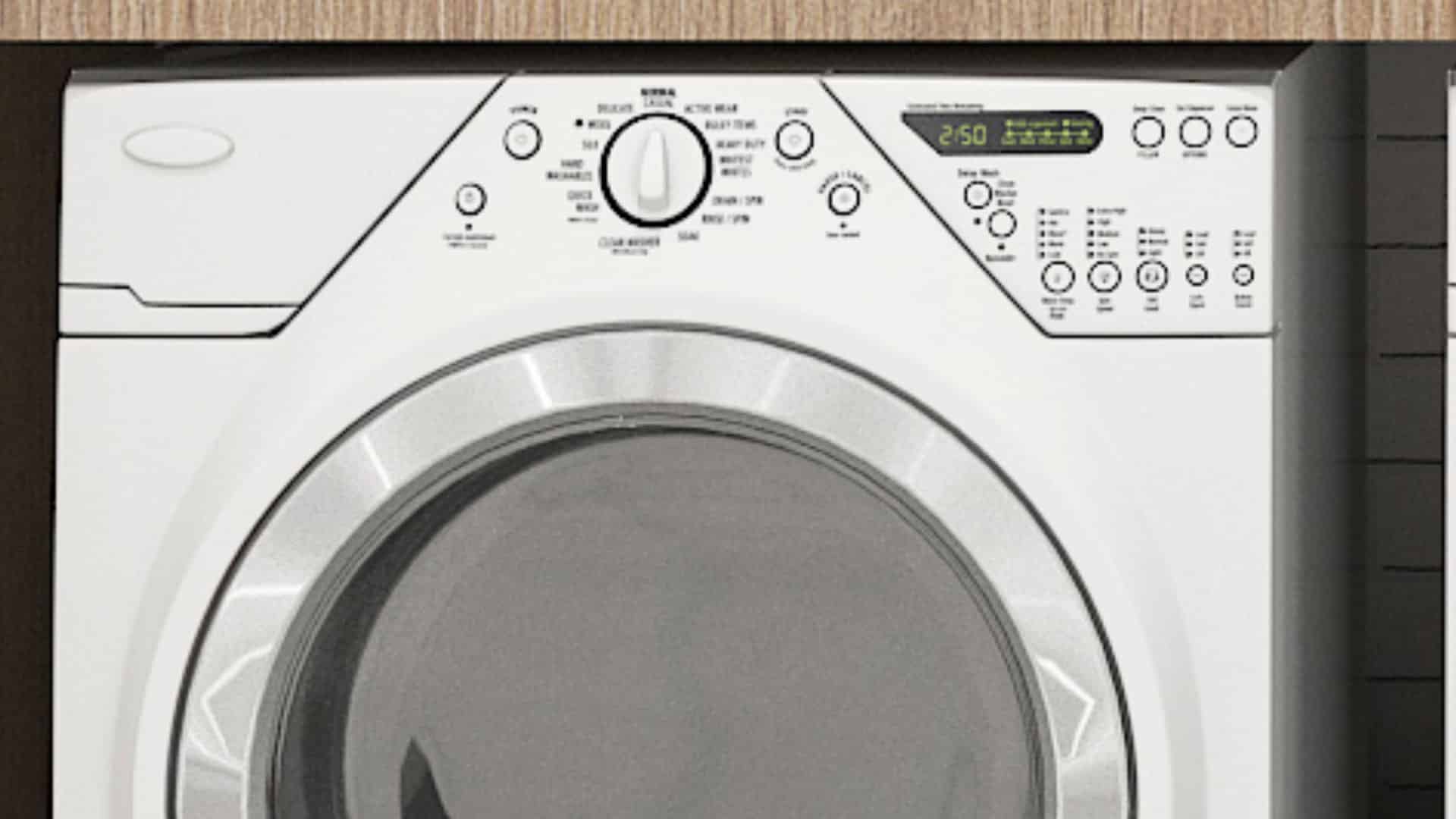
The microwave is a miracle appliance in the modern kitchen. For several decades now, microwaves have been making cooking tasks faster and easier. Even for dedicated home chefs, the microwave can boil water, defrost, and liquefy ingredients with far greater efficiency than purely stovetop cooking. But the microwave is also one of the most difficult and even dangerous appliances to repair at home.
The reason for this is because microwaves come in one complex package. Unlike a washer or refrigerator, microwaves don’t come apart in panels. The entire cabinet must be removed for the vast majority of repairs. In addition, many cheaper microwave models are more expensive to acquire replacement parts than to replace the whole microwave. So when your microwave breaks, should you repair or replace it? This article will help you determine which is the right choice for your microwave and circumstances.
High Voltage Warning
The one thing you need to know about DIY repairing a microwave is the high voltage capacitor. The capacitor actually retains a large charge of electricity even after the microwave is unplugged. So if you’re repairing any electrical aspect of the microwave, and especially if you’re removing the cabinet, it is vital to safely discharge the capacitor before touching any wires or metal components.
When to Repair a Microwave
Repairing a microwave can be quick and easy or surprisingly difficult, depending on what needs to be repaired. In many cases, you can restore a misbehaving microwave to full functionality with a few mechanical updates. In a few other circumstances, a minor electrical repair can be conducted without great hassle. In these situations, it’s better to repair the microwave than spring for a replacement.
– Cosmetic or Non-Electrical Damage
If your microwave is scratched or a piece of plastic is cracked, don’t worry. These are easy things to either fix or ignore. Microwave feet, for example, are easy to replace. This can be done with a small screw-in foot of a standard size or a small sticky foot, as is often used with furniture. Scratches can be covered or polished, and cracked non-electrical parts are often simple to glue or replace.
– Damage to the Microwave Door
The microwave door is entirely non-electrical and is surprisingly easy to work with. If your microwave handle, door, or hinges have been damaged, these things can be fixed without worrying about the rest of the microwave. You will need to pry apart the inner and outer shells of the microwave door to expose the hinges. From there, you can repair or replace the door at leisure.
– Broken Plate Spinning Assembly
The spinning microwave plate helps to cook food evenly, and it’s also one of the most common parts of a microwave to break. The glass (or plastic) plate inside might shatter, the roller guide might break, or the coupler might crack. All of these parts can be replaced simply by opening the microwave. The motor underneath that spins the plate can also be more easily replaced through the underside of most microwave models. So a spinning plate problem can be fixed with a repair.
– Over-the-Range Microwave in Otherwise Good Condition
Last on the repair list is over-the-range microwaves. The kind of microwave that mounts with your upper kitchen cabinets is often a higher-end model and to mount them to the cabinets, you need a model-specific trim kit. Believe it or not, a new trim kit can cost more than a new microwave, so in this equation, it’s often more cost-effective to repair your over-the-range microwave than replace it with a new model to save on the new trim kit.
When to Replace Your Microwave
Of course, there are also many situations when it’s more practical to replace your microwave rather than conducting DIY or hired repairs. There are two reasons why this might be true. The first is that replacement parts or labor might be more costly than a new microwave. The second reason would be if the broken part is an essential core element of the microwave, such that a replacement is equal to replacing the whole microwave.
– Microwave Cost Less than Repairs
Low-end and mid-grade microwaves have become so inexpensive as a unit that they can often be purchased for far less money than the cost of the individual parts (for consumers). This means that the repairs can and often do cost more than simply replacing a counter-top microwave. Do your research and discover if the replacement part alone might cost more to order and ship than getting a new microwave. And if you’ll need a professional repair technician, compare the repair costs to the cost of a new microwave.
– Control Panel Damage or Malfunction
The control panel is the circuit board that handles the functions of the keypad. Programmed functions like Defrost and Popcorn are handled by the control panel, as are button-presses, timed heating, and timers. If the control panel stops working, this is a very involved repair to conduct and you’re often better off replacing the microwave than replacing the microwave’s core computer. It is also likely more cost-effective.
– Old Faulty Magnetron
A microwave’s magnetron is what creates the heat. It is the heart of the microwave and, like the heart, its performance indicates a microwave’s age. If your microwave is so old that the magnetron has become noisy or non-functional, it’s time for a new microwave one way or the other. Not only is replacing a magnetron a complex and costly repair, but other aspects of your microwave will likely start breaking soon due to the age of the appliance.
– Microwave is Several Technology Levels Behind
Finally, consider the technology level and true age of your microwave. If your microwave still has a dial, a push-release door button, or other outdated microwave features only otherwise seen in ancient motels, it’s time for a new microwave. Like the magnetron replacement, you’re better off starting with a new appliance than trying to break-fix a microwave on its last legs.
Replace or Repair Your Microwave?
If your microwave is broken or malfunctioning, it’s time to make an important decision. Should you tackle repairs, call an expert, or buy a new microwave? The choice is a practical one based on effort and expense. Contact us for more appliance guides or for professional repair services.
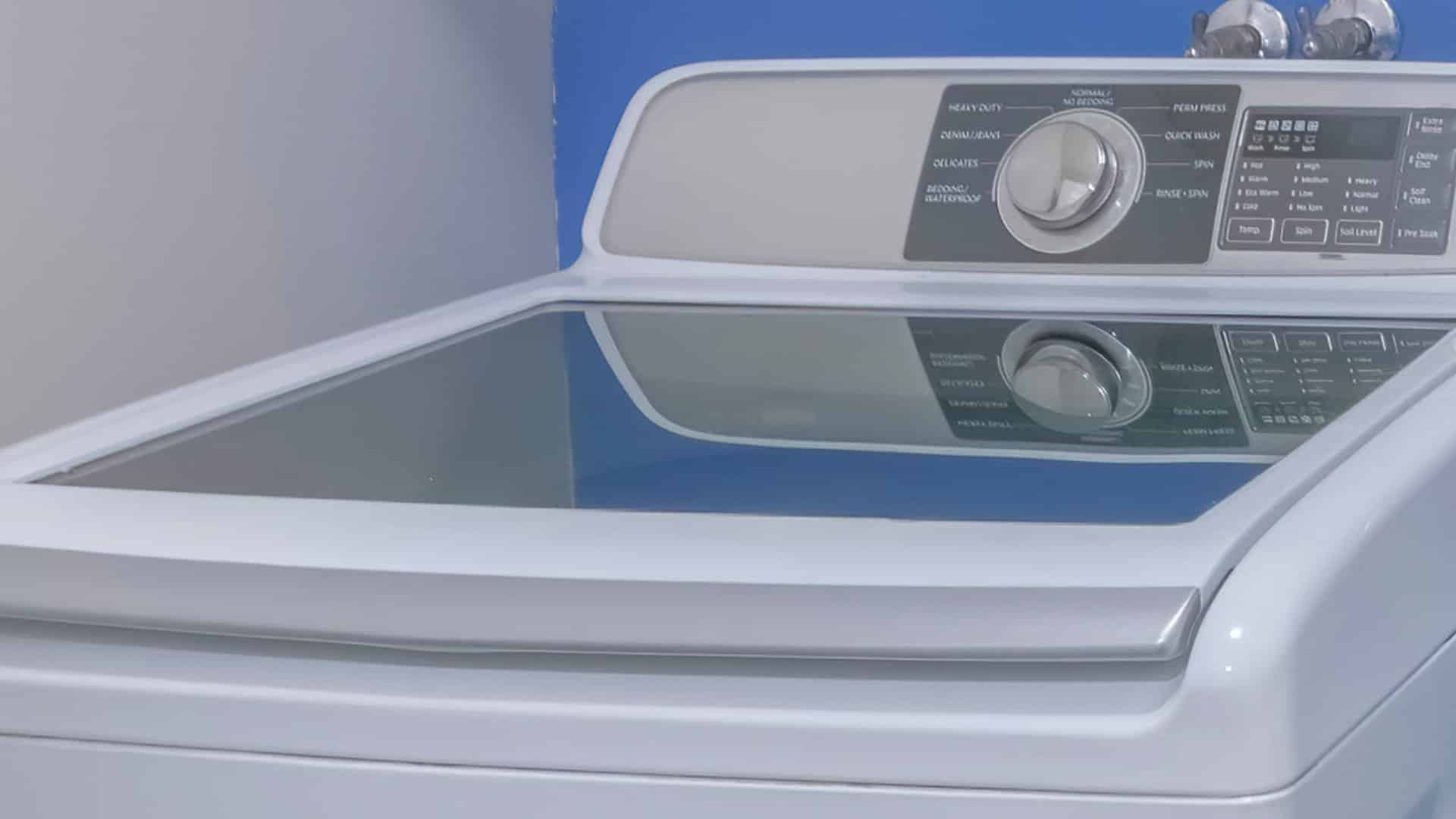
How to Fix the nF Error Code on a Samsung Washer

Kenmore Elite Dryer Issues: How To Troubleshoot
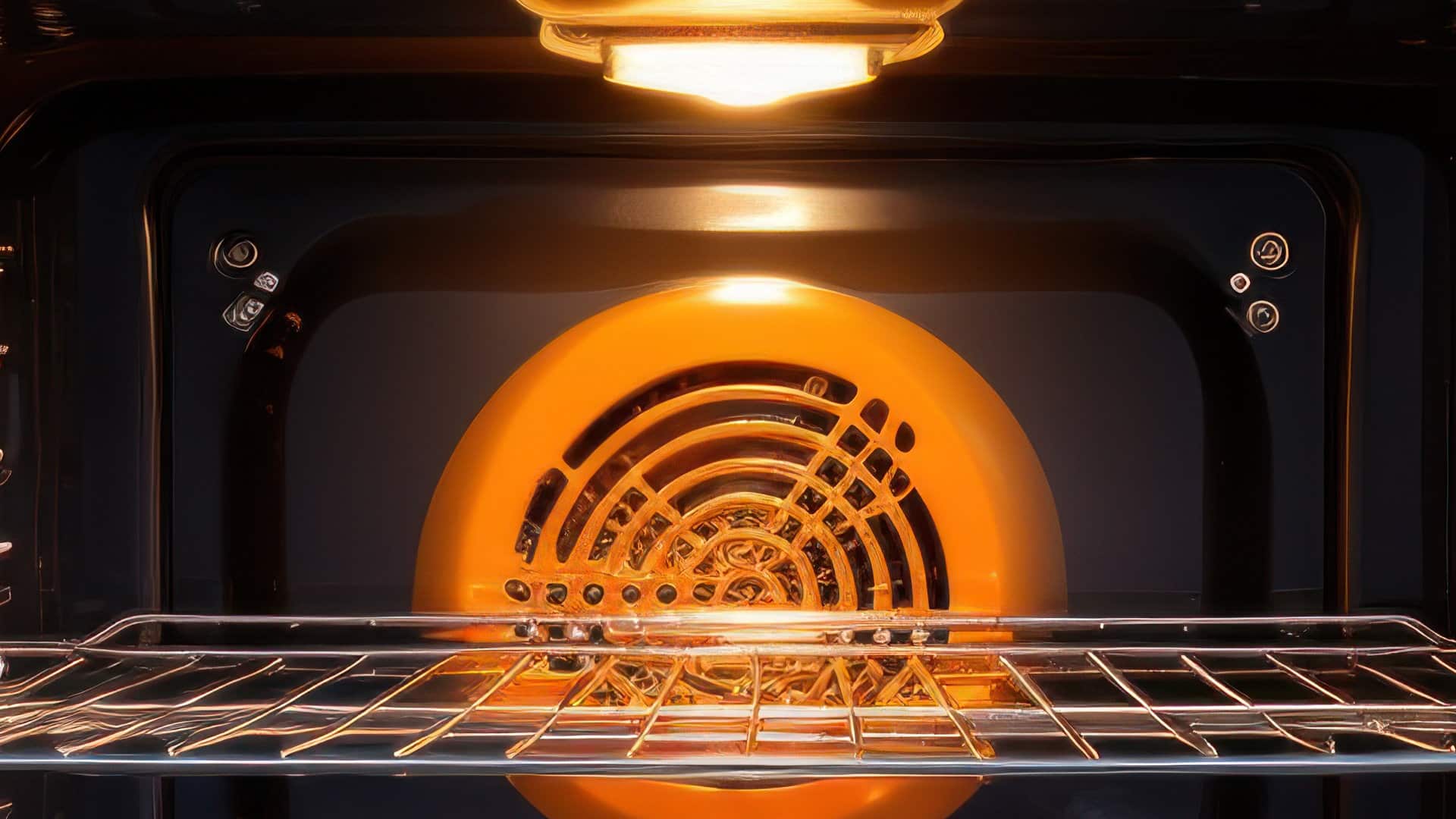
Microwave vs. Oven: Pros and Cons and How They Differ
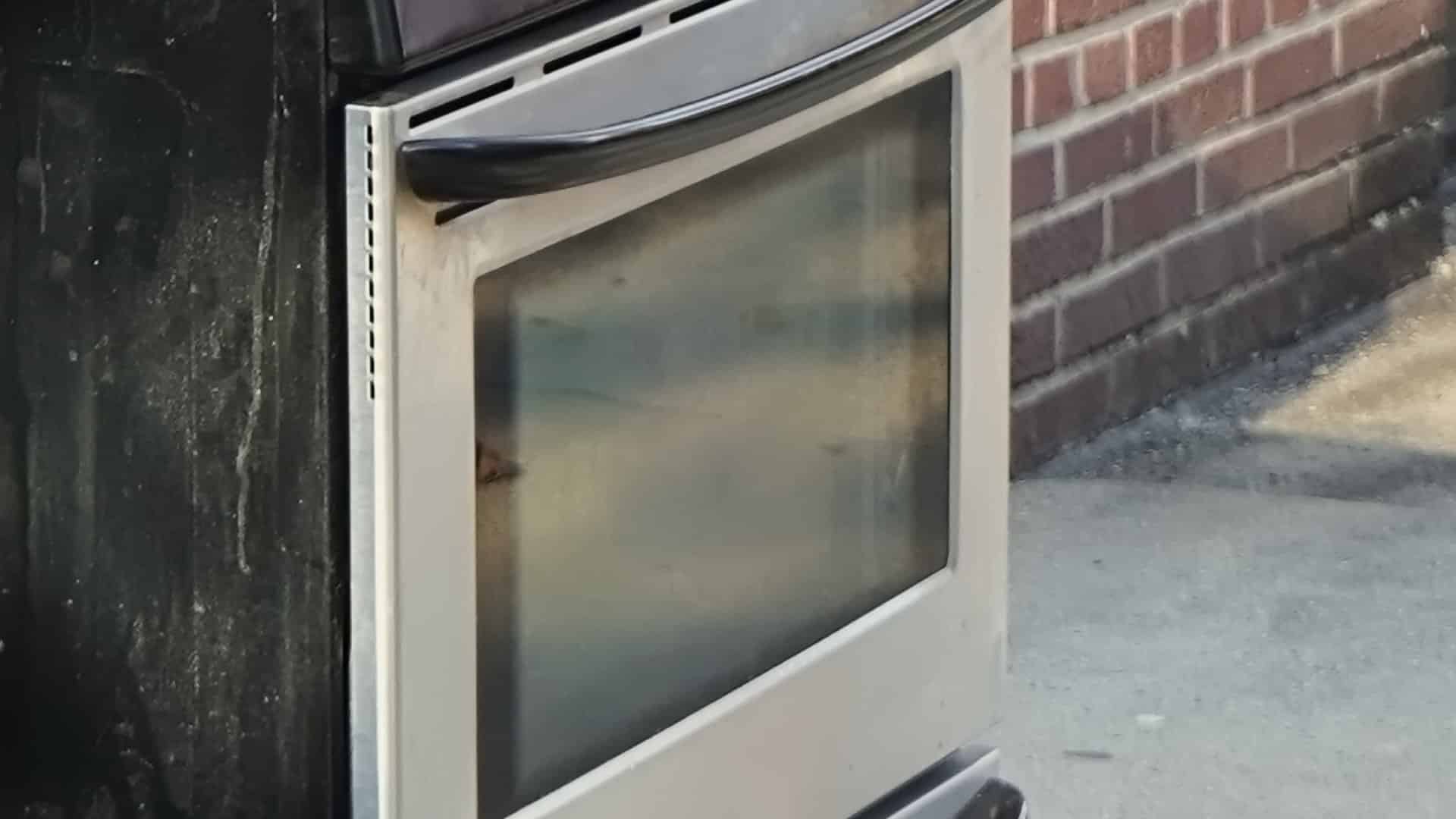
Self-Cleaning Oven Smell: Causes & Odor Reduction Tips

Frigidaire Ice Maker Not Working? 7 Ways to Fix It
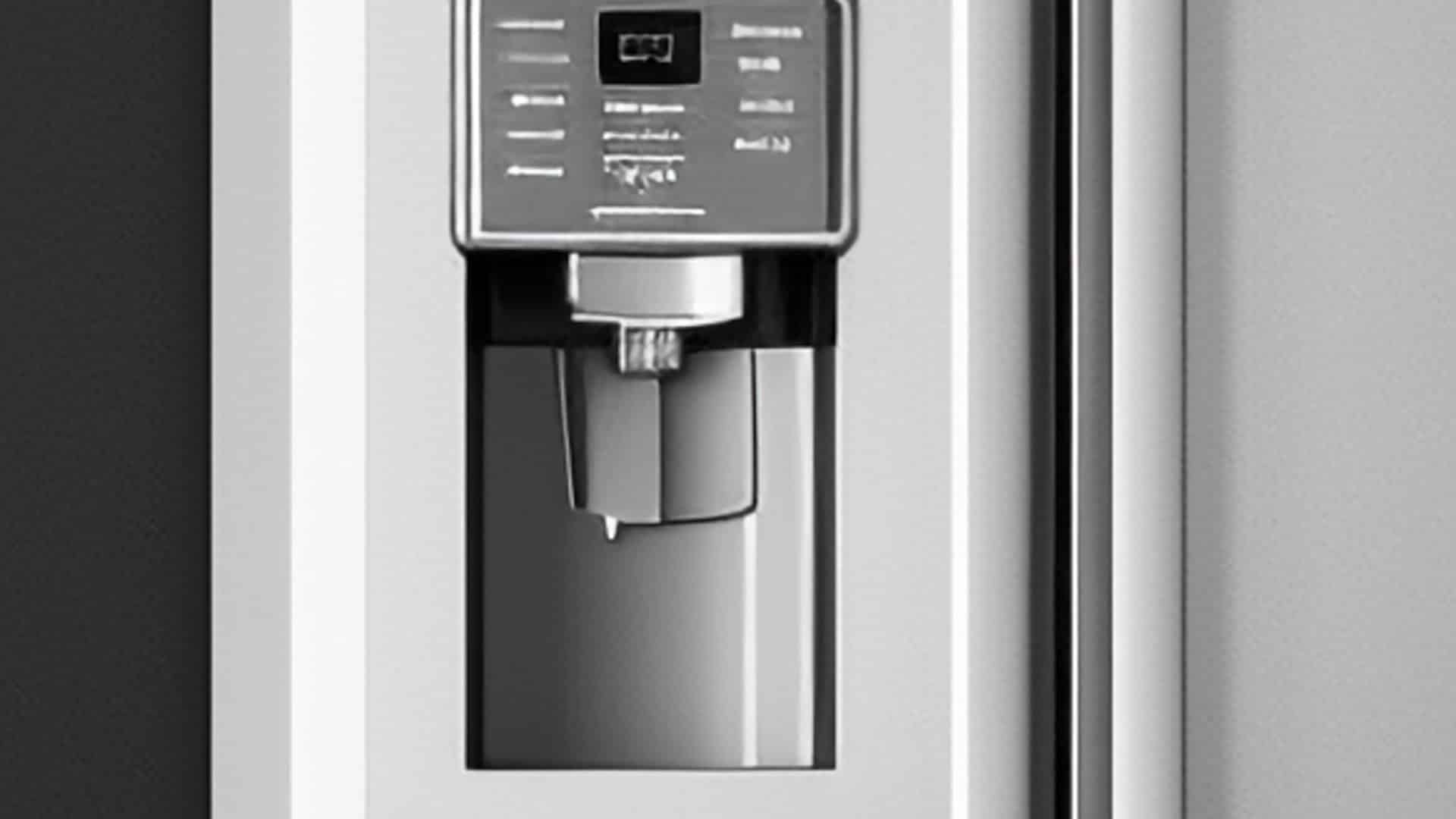
Why Is Your LG Refrigerator Not Cooling? (9 Common Reasons)
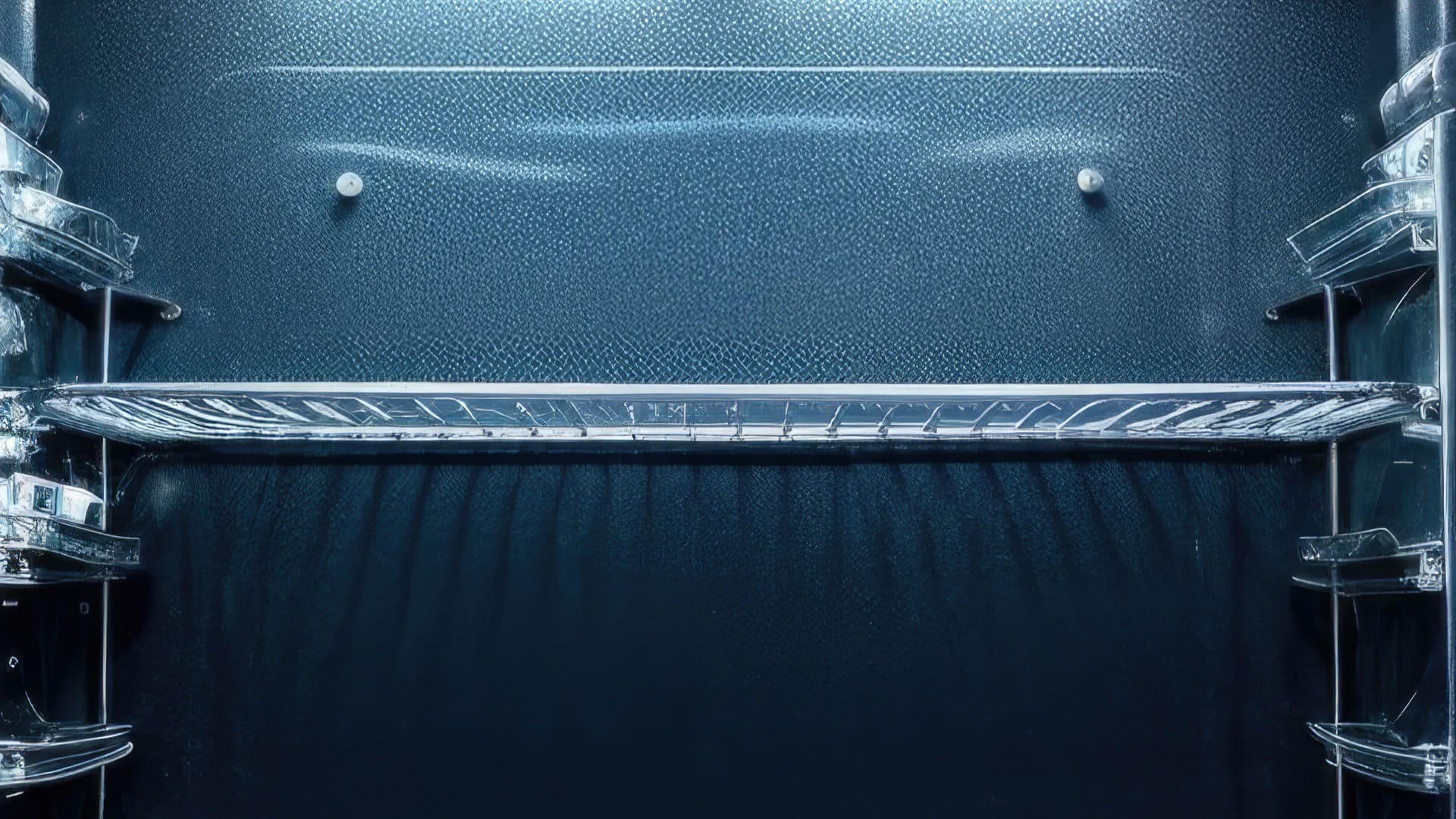
GE Oven F2 Error: Causes & Solutions
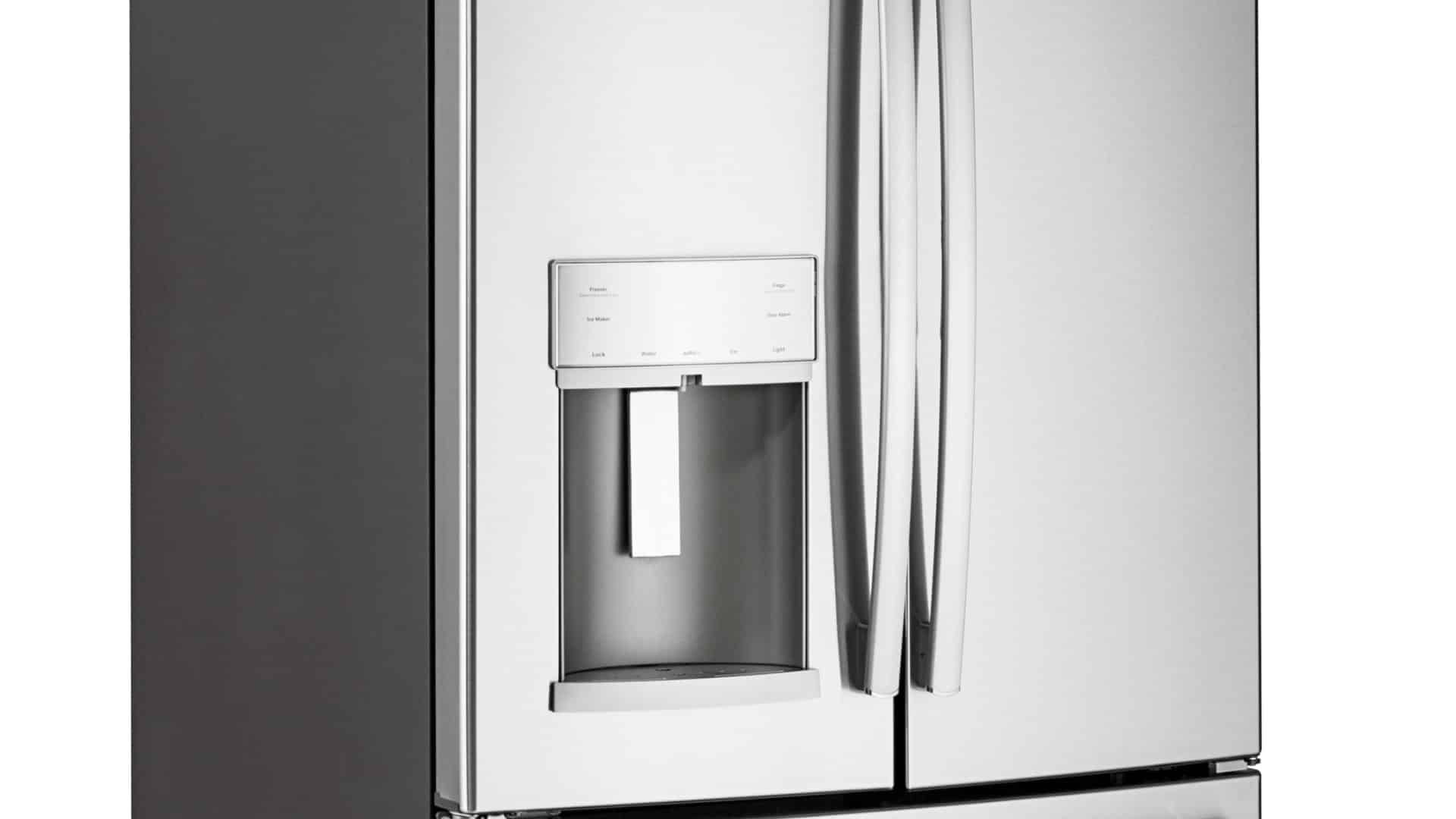
How to Reset the Water Filter Light on a Samsung Refrigerator
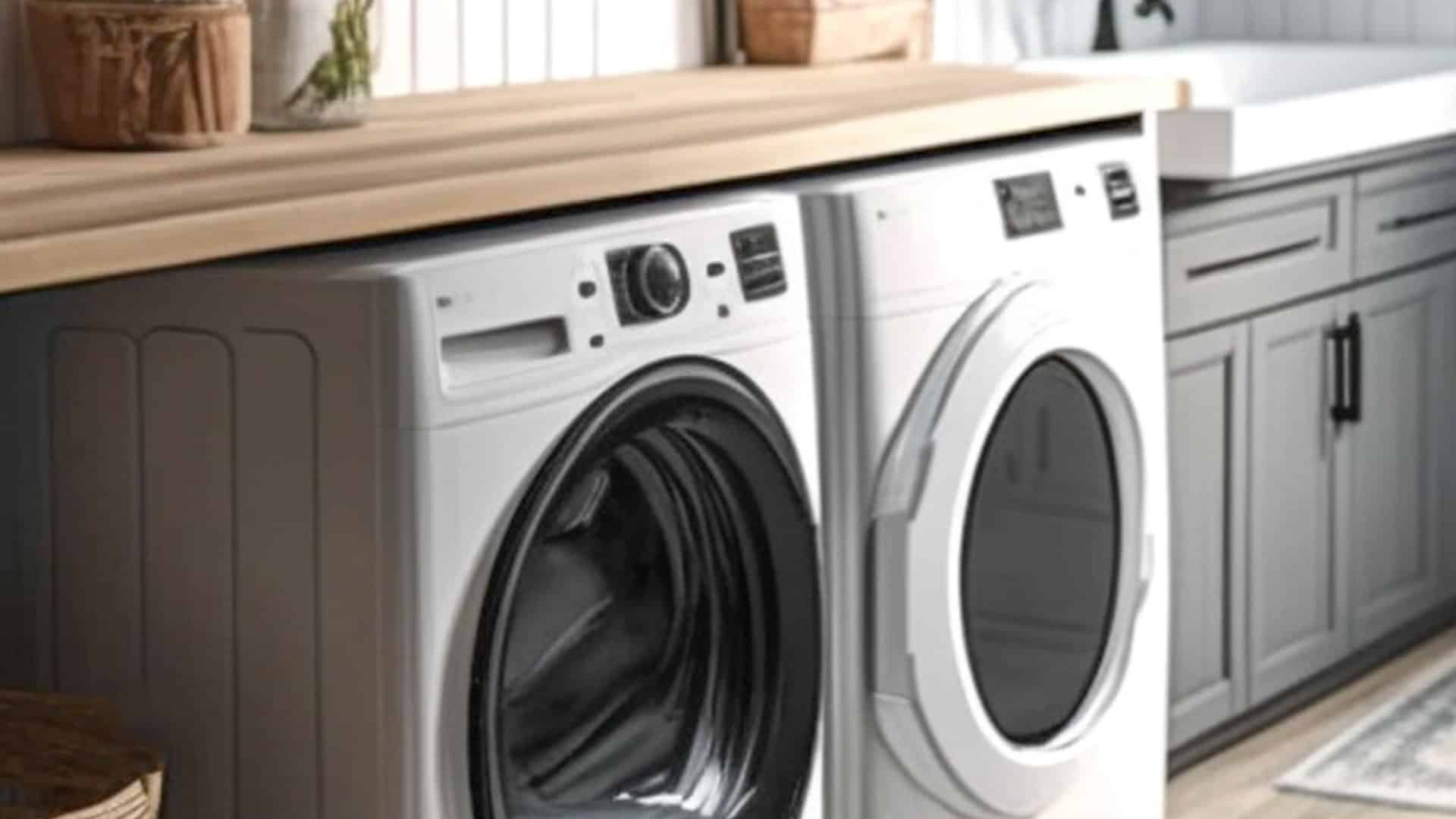
Maytag Washer Showing F5 Error Code? Here’s What To Do
